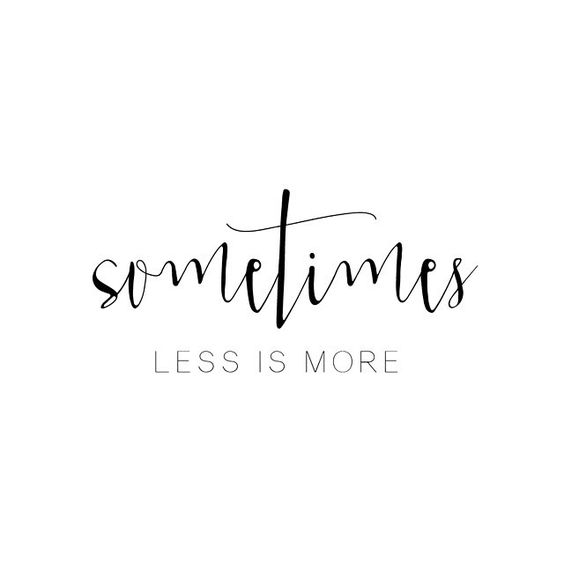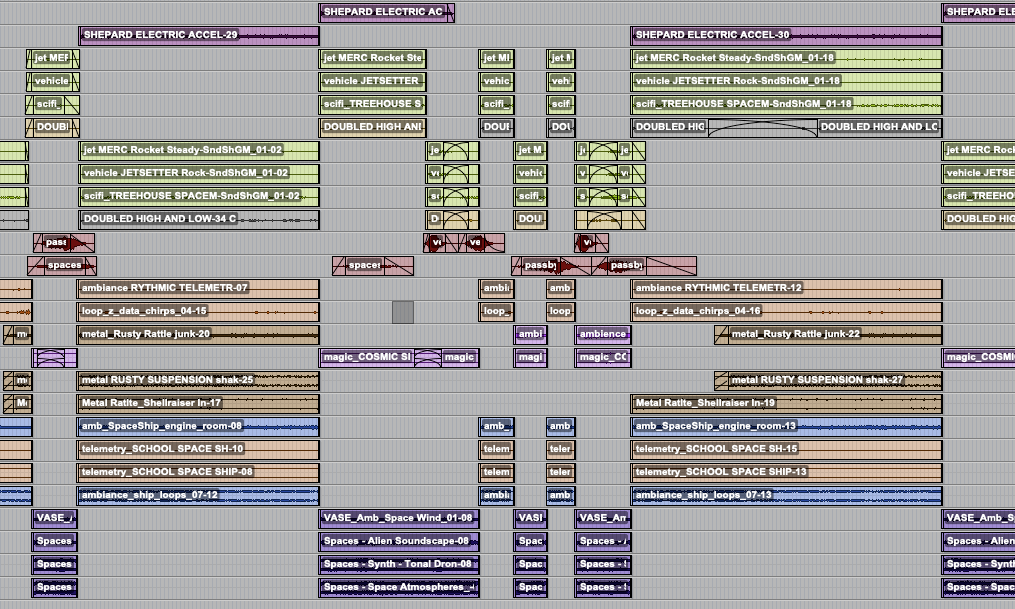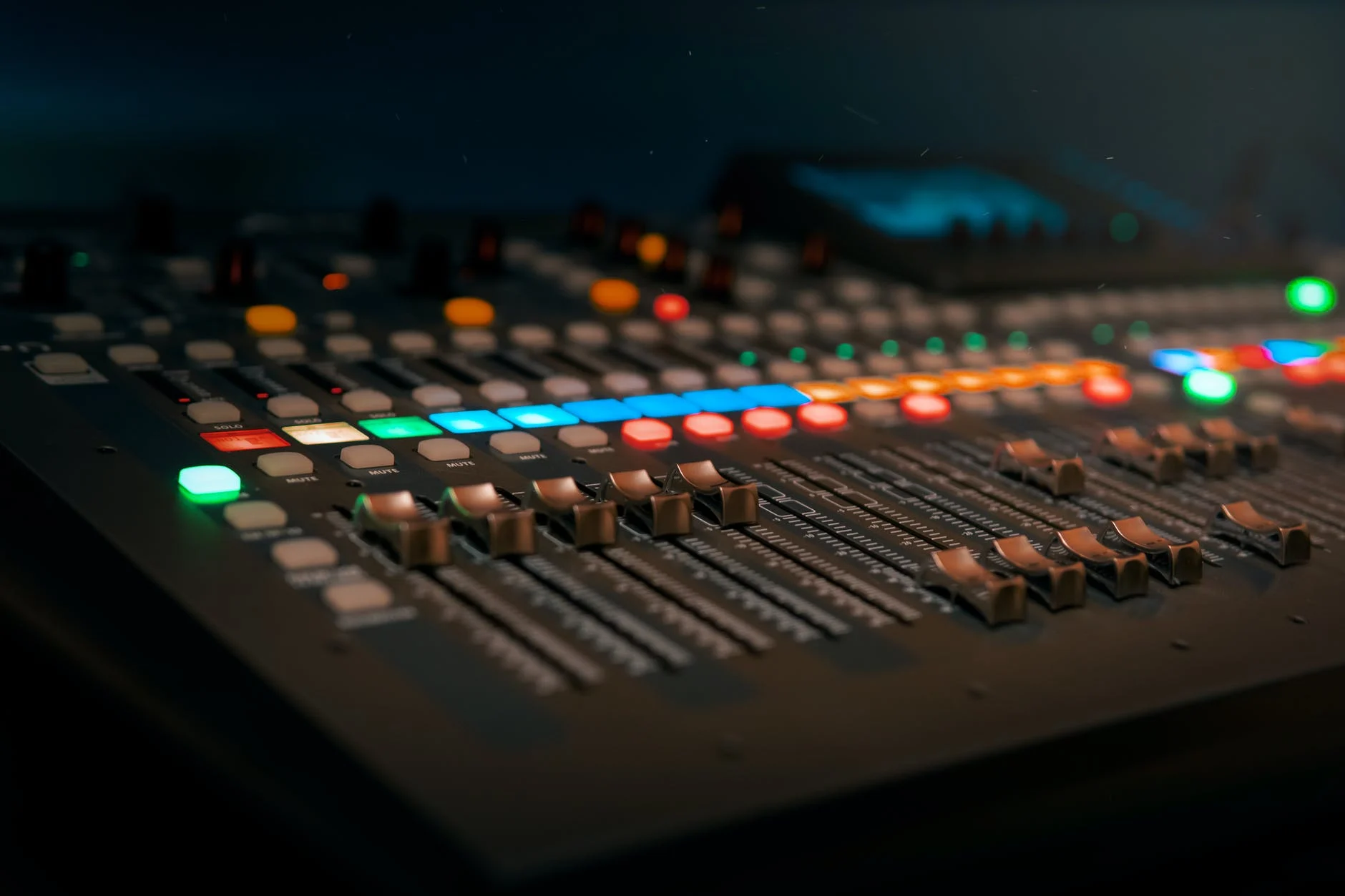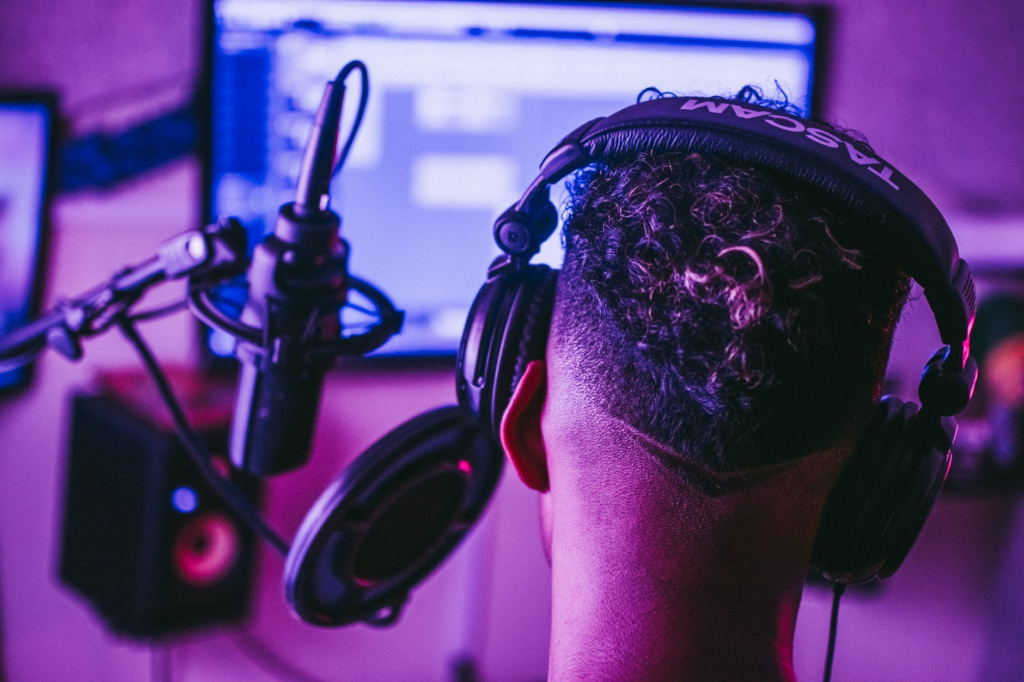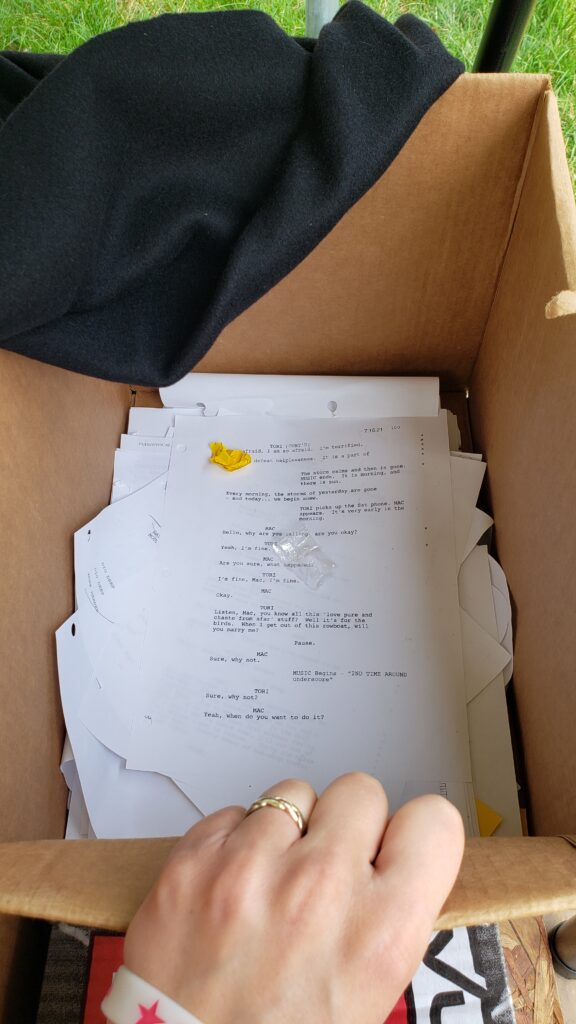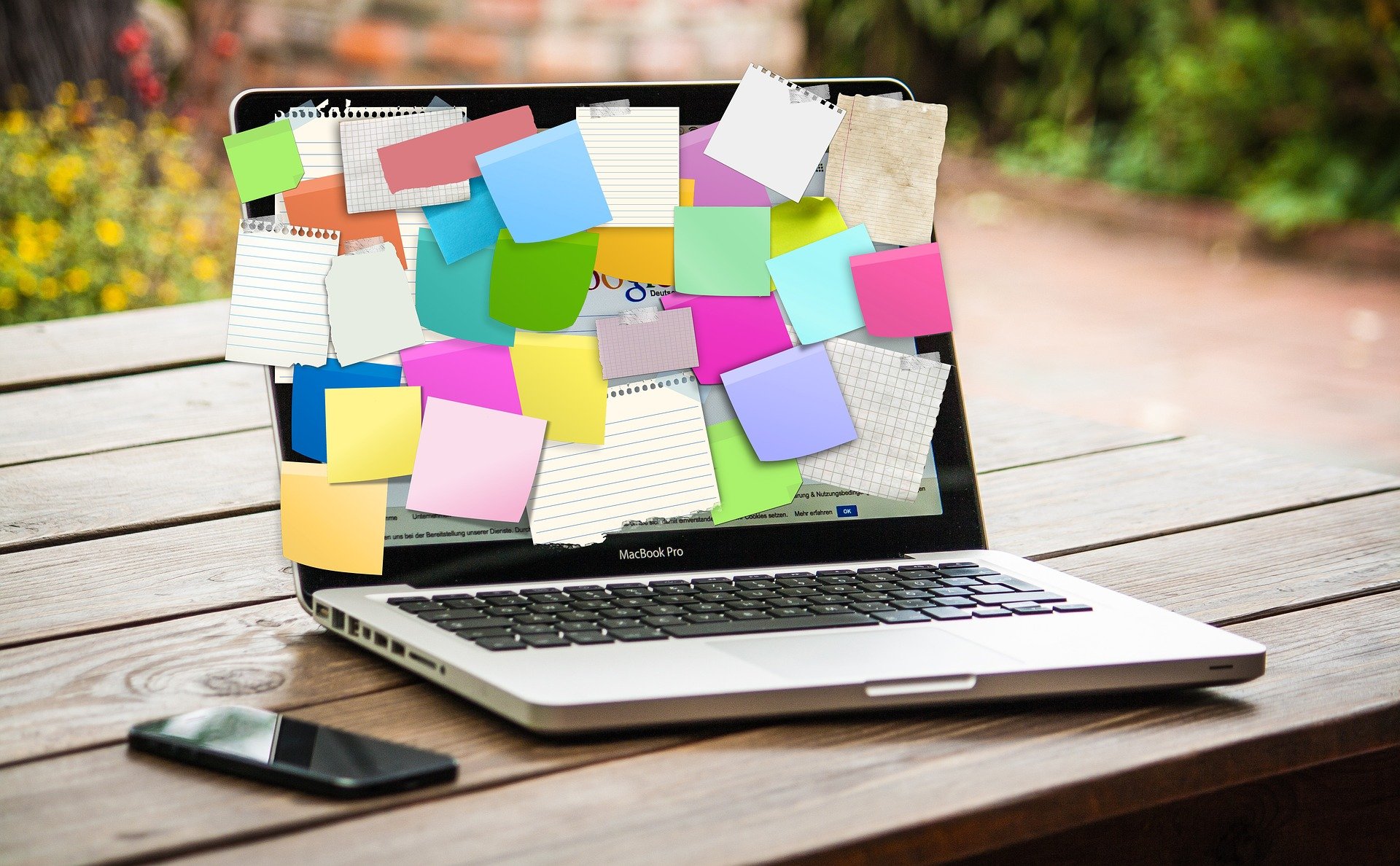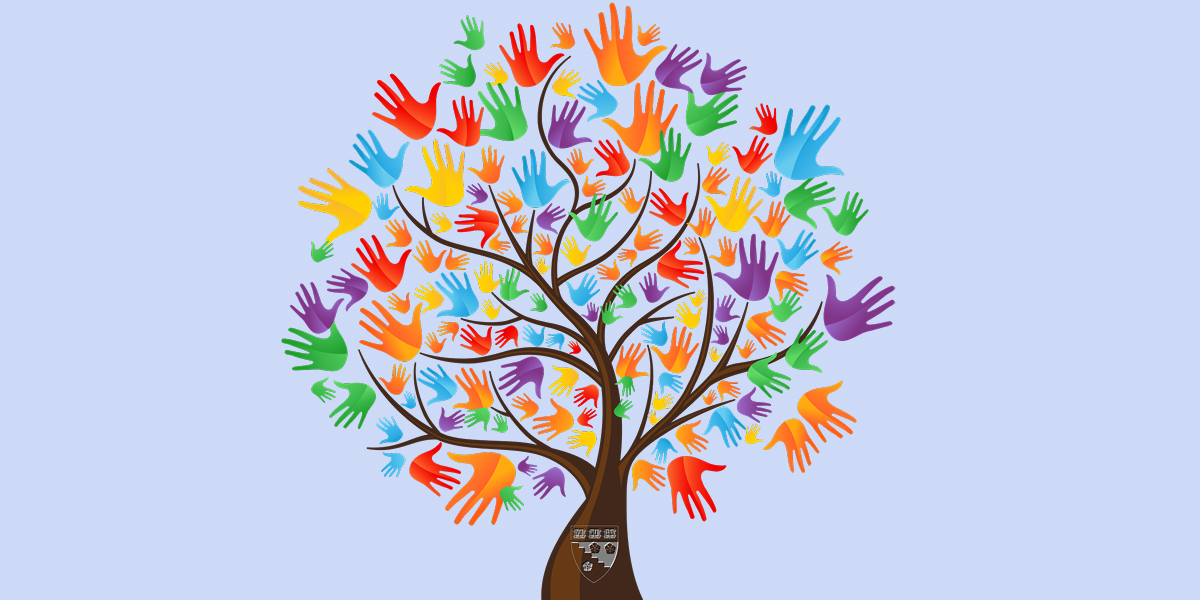I receive emails from people on a frequent basis stating how they have changed their names to be gender-neutral or to white-sounding names, so the exclusion of people based on sex and race is very real. Resumes from women, BIPOCs, and LGBTQ+ people are often ignored or just tossed into the trash. On top of it most of our industry is freelance and people are hired based on their contacts and word of mouth referrals.
In the wake of the murder of George Floyd in 2020, there were a lot of promises made to diversify crews and work staff. SoundGirls has seen this playing out as we are getting requests for recommendations for women, probably the largest uptick since we started on a weekly and sometimes daily basis. So it is nice to see some of those promises being kept.
For myself, while I enjoy being able to tour with 10 – 12 women on any given Pearl Jam tour, I have never wanted to be a part of an all-women crew and throughout my career have turned these types of gigs down. And while I know that I have not gotten gigs because I am a woman, I also don’t want to take a gig solely because I happen to be a woman.
I am not sure how feasible it is for touring productions to have diversity quotas in hiring, I would assume diversity quotas are more for companies and while they may be imperfect it seems diversity quotas are a necessary quick-fix to meeting diversity goals.
We all know organic change is slow-going and these quotas can help speed up the process for companies in reaching diversity and inclusion goals. We also know that diverse talent is out there and quotas can nudge the hiring managers to find, interview, and hire them.
A thing to remember is quotas DOES NOT MEAN HIRING UNDER QUALIFIED PEOPLE. They also can get the message out to people in the company to take diversity seriously. It always has to start from the top down.
Legality In the United States
Title VII of the Civil Rights Act PROHIBITS discrimination on the basis of race, color, religion, sex, or national orgin. Yet we know and understand this happens all of the time and eliminates women, BIPOC, and LGTBQ+ people from hiring consideration, and affects WOC the hardest.
So how can companies reconcile unlawful discrimination in hiring and reach the real value of the goal of increasing diversity? There is a difference between committing to hire and promote a certain percentage of individuals on the basis of their skin color or other factors and committing to interview and/or consider these individuals for hire or promotion.
Expanding opportunities for everyone within all levels of an organization makes sense from a financial, legal, and moral perspective. The question is how to achieve those financial and moral goals without running afoul of the law.
Suggestions for businesses include:
- Implement the framework of the Rooney Rule/Mansfield Rule by committing to meaningfully interview and consider at least a certain number of candidates from underrepresented populations.
- Evaluate methods of recruiting, and consider expanding outreach to underrepresented populations by, for example, including historically Black colleges and universities (HBCUs) and a broader range of schools in on-campus recruitment efforts.
- Be purposeful and intentional when creating internships, scholarships and other opportunities.
- Retain and nurture existing talent by creating training and mentorship programs, which are even more important now, when so many employees are working remotely and feeling isolated and unsupported.
Businesses and organizations should be aware of these pitfalls
Resistant People
The most resistant naysayers within an organization could very well end up being the biggest diversity champions. But enforcing rigid quotas is a sure-fire way to create resentment and resistance. No one is perfect and no one is born “woke” but education, conversation, and patience will help those employees to come on board with diversity initiatives.
Minority groups don’t want to be patronized
“We certainly don’t want a situation where people feel like they only got the job because they’re meeting a target.” This can seem demeaning and creates a divide between so-called “diversity hires” and those who believe they were hired solely on merit.
Forcing change doesn’t force inclusivity
A lot of organizations engage with quotas but they are not necessarily engaging with the community to change the fundamental problem, which is a lack of opportunity and the biases and the challenges [that minority groups face].
There should be no end-goal
Setting quotas and targets implies that there is an end goal for diversity and inclusion. In reality, organizations need to continually learn, evolve and find ways to truly include and integrate their workforce. diversity and inclusion isn’t a problem that you can just tick off and solve. It’s about embarking on a journey to continuously improve our position.
Let’s briefly look at Affirmative Action
In 1965 Affirmative action policies, which were passed to encourage universities to use an applicant’s race as an admissions factor in order to increase racial diversity on campus, were never meant to be permanent.
In 2003, Grutter v. Bollinger Justice Sandra Day O’Connor wrote, “The Court expects that 25 years from now, the use of racial preferences will no longer be necessary to further the interest approved today.”
Yet here we are in 2020 and new research finds that states that banned affirmative action have seen a long-term decline in the share of Black, Latinx, and Native American students being admitted to and enrolled at their public universities. According to the study, conducted by Mark Long at the University of Washington and Nicole Bateman at the Brookings Institution, alternative policies designed to increase representation have proven inadequate. https://feed.georgetown.edu/access-affordability/what-happens-when-states-ban-affirmative-action/
Inclusion Rider
Before Frances McDormand ended her acceptance speech for Best Actress at the 2018 Oscars with the words, “Inclusion Rider,” most people both inside and outside the film industry had never heard of the phrase. Just a few years later it seems to be working. “The inclusion rider has moved from concept to concrete actions that creatives and companies are employing to counter biases in hiring across entertainment, sports, theater, and technology.”
https://www.fastcompany.com/90309462/did-the-call-for-inclusion-riders-help-make-hollywood-more-diverse
While I do not know what the answer is – it is not just keep your head down, work hard and be overly qualified this has not worked if it had SoundGirls would not need to exist. For my part, I have gone through my list of referrals and I made sure that I am recommending women, BIPOC, and LGBTQ+ people for gigs.
You can find more info here on creating an inclusive industry
SoundGirls – Gaston-Bird Travel Fund

